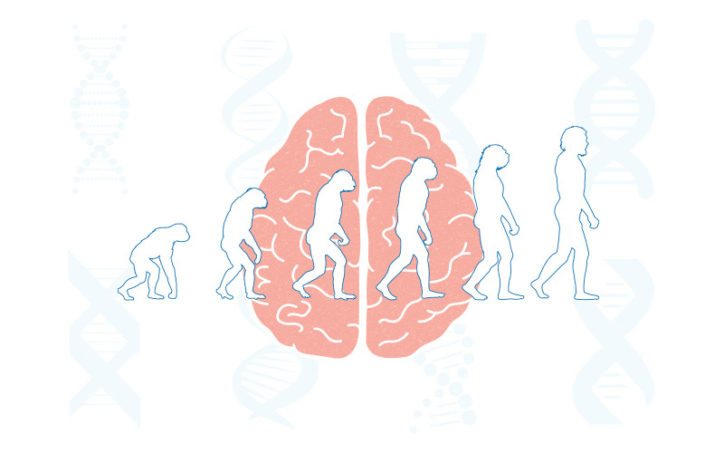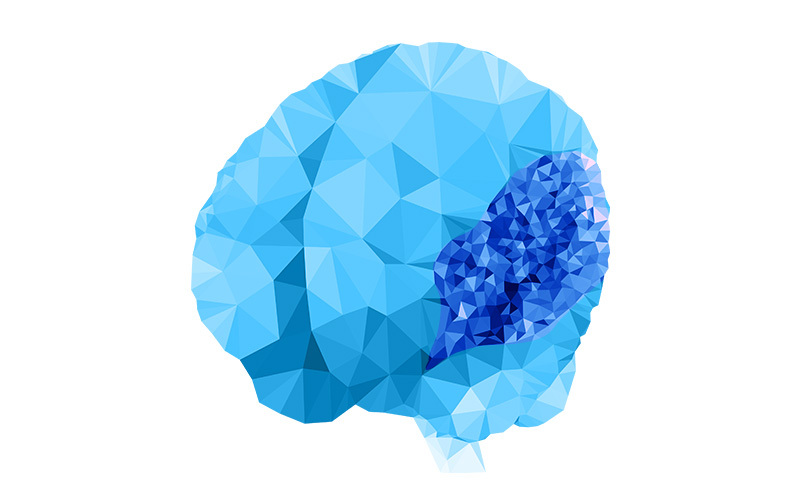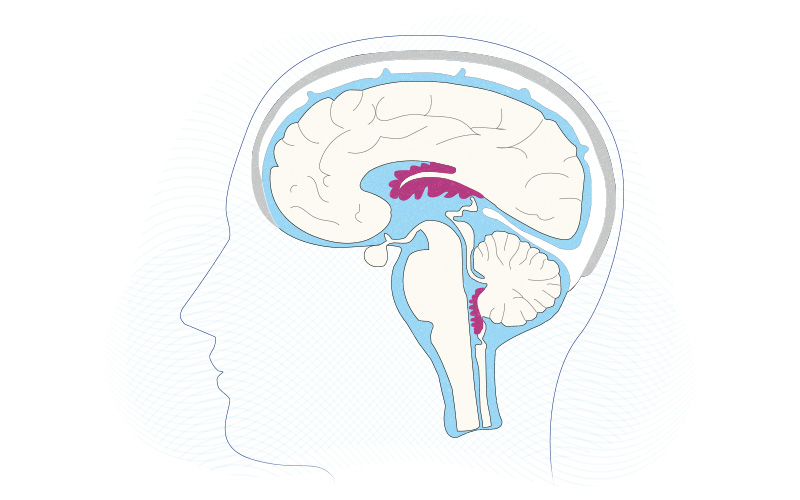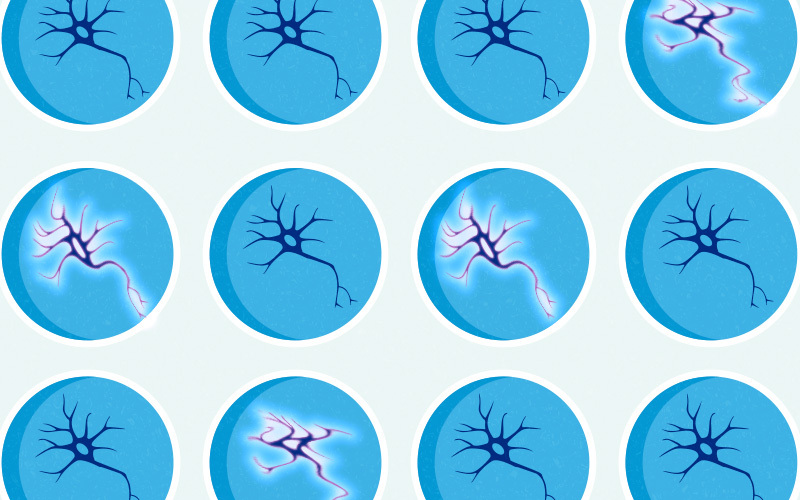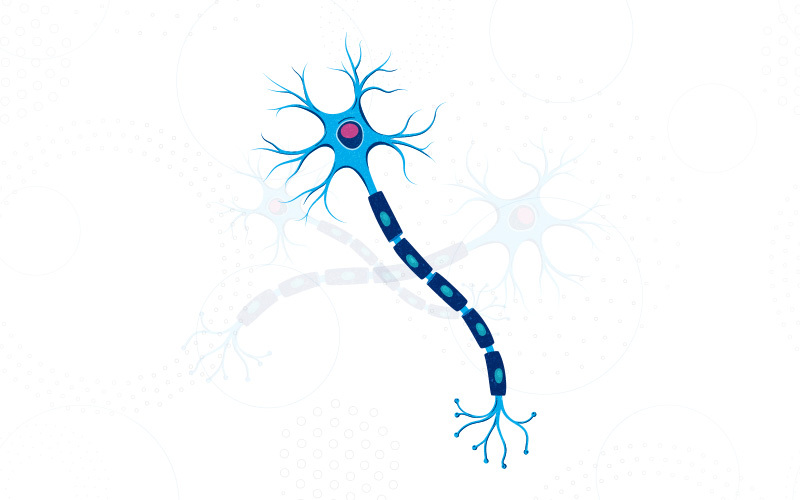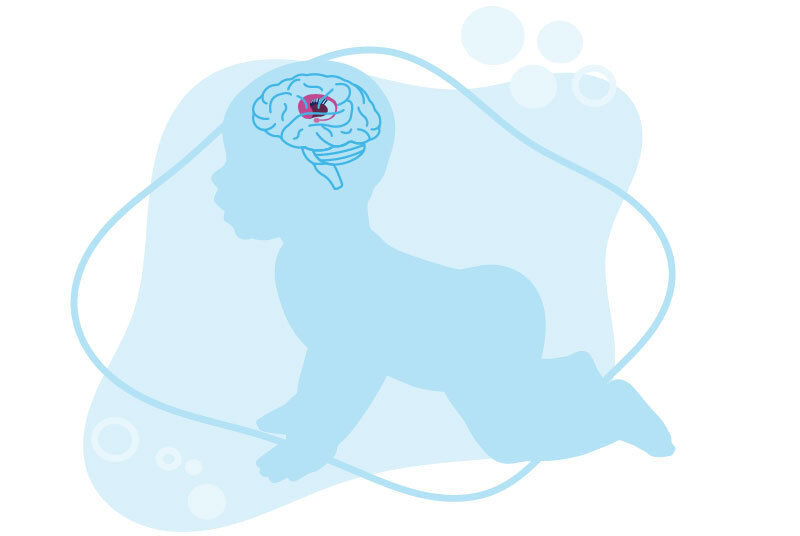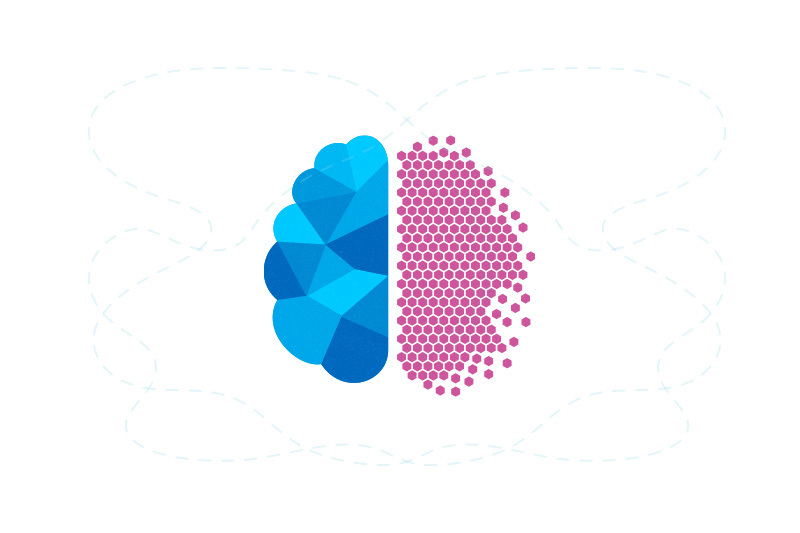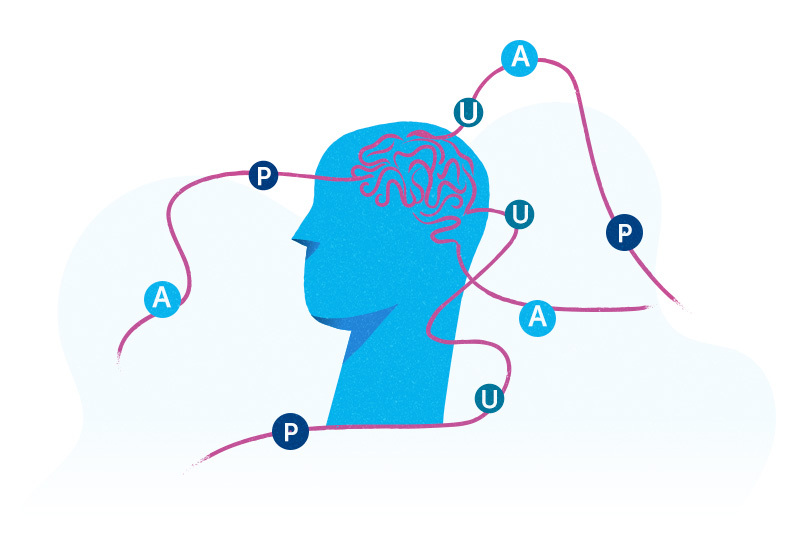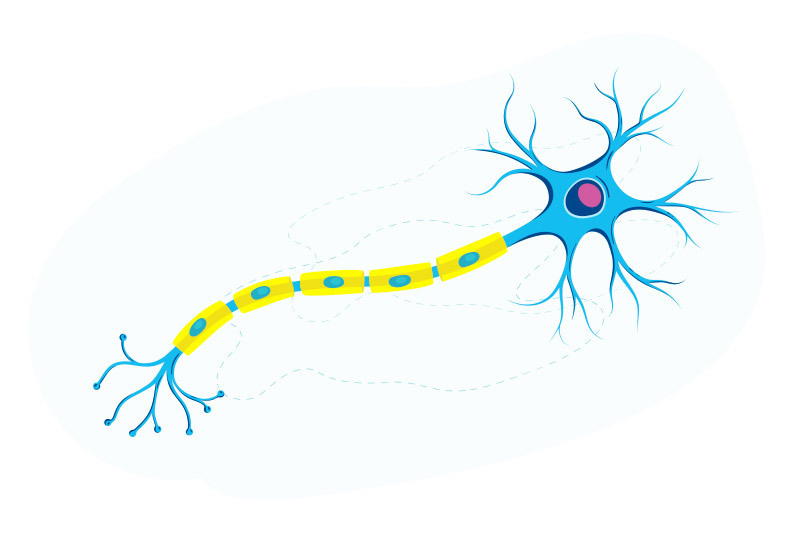Archive for neuroscience
‘Human accelerated regions’: How they make our brains uniquely human
Starting when humans diverged from chimpanzees some 5 to 6 million years ago, we’ve evolved in our uniquely human fashion thanks to changes in our genome. And certain parts of the human genome, known as human accelerated regions or HARs, have evolved especially rapidly. Intriguing new work led by Christopher Walsh, MD, PhD, of Boston ... Read More about ‘Human accelerated regions’: How they make our brains uniquely human
A ‘pump’ gene’s surprising role in early brain formation
In polymicrogyria, the cortex of the brain has many irregular, small folds (gyria) and disorganization of its layers. Many affected children have severe developmental delay, intellectual disabilities, and epilepsy, and many need to use a wheelchair. Mutations in several different genes can cause this “overfolding of the brain” condition. Key takeaways The gene ATP1A3, associated ... Read More about A ‘pump’ gene’s surprising role in early brain formation
Regular physical activity linked to more ‘fit’ preteen brains
We know exercise has many health benefits. A new study from Boston Children’s Hospital adds another benefit: Physical activity appears to help organize children’s developing brains. The study, led by Dr. Caterina Stamoulis, analyzed brain imaging data from nearly 6,000 9- and 10-year-olds. It found that physical activity was associated with more efficiently organized, robust, ... Read More about Regular physical activity linked to more ‘fit’ preteen brains
An ‘atlas’ of the choroid plexus across the lifespan
Once viewed merely as a producer of the cerebrospinal fluid (CSF) bathing the brain and spinal cord, the choroid plexus is now known to be a key player in brain development and immunity. These fronds of brain tissue, located in the CSF-filled brain cavities known as ventricles, secrete instructive cues into the CSF to regulate ... Read More about An ‘atlas’ of the choroid plexus across the lifespan
Motor neurons made from patients’ cells reveal possible ALS drugs and targets
Amyotrophic lateral sclerosis (ALS) is a severe, fatal neurodegenerative disorder causing loss of motor neurons and voluntary muscle action. While mouse studies have identified potential treatments, these drugs have typically done very poorly in human trials. “One of the most difficult challenges in drug discovery is identifying a target that has a key role in ... Read More about Motor neurons made from patients’ cells reveal possible ALS drugs and targets
Tagged: drug development, epilepsy, neurology, neuroscience, stem cells
New technique yields potential treatment for a common cause of autism
Since 2008, we have known that the 16p11.2 chromosomal region is linked with autism spectrum disorder (ASD). Now, researchers from Boston Children’s have developed a new way to study the effects of 16p11.2 deletion in human neurons. In the process, they also found a potential treatment, possibly expanding the therapeutic options for this specific cause ... Read More about New technique yields potential treatment for a common cause of autism
Tuber locations associated with infantile spasms map to a common brain network
About half of all babies with tuberous sclerosis complex (TSC) develop infantile spasms, a type of epilepsy that can have serious long-term neurologic consequences. Infantile spasms occur more often in children who have more brain tubers — groups of cells that do not divide into normal neurons and brain cells — but we haven’t known ... Read More about Tuber locations associated with infantile spasms map to a common brain network
Tagged: neuroscience, newborn medicine, tuberous sclerosis
‘Mosaic’ gene mutations could explain some cases of autism
The causes of autism remain mysterious. Scientists have linked autism spectrum disorder to a long list of genes, but most children with autism have no known explanation. Two new studies add to the picture, implicating mutations that affect only a fraction of a child’s cells. Called mosaic mutations, they open a new avenue for research ... Read More about ‘Mosaic’ gene mutations could explain some cases of autism
Tau protein changes correlate with Alzheimer’s disease dementia stage
Research into Alzheimer’s disease has long focused on understanding the role of two key proteins, beta amyloid and the tau protein. Found in tangles in patients’ brain tissue, a pathological form of the tau protein contributes to propagating the disease in the brain. Key takeaways A pathological form of the tau protein contributes to the ... Read More about Tau protein changes correlate with Alzheimer’s disease dementia stage
Tagged: alzheimers disease, biomarkers, neuroscience
New strategies for restoring myelin on damaged nerve cells
Key takeaways Myelin is an essential fatty substance coating surrounding nerve axons. After injury, regenerated nerve axons usually fail to remyelinate, inhibiting nerve cell communication. A combination treatment led to remyelination in about 60 percent of regenerated axons. This research may have implications in other diseases associated with myelin loss, like multiple sclerosis. Loss of ... Read More about New strategies for restoring myelin on damaged nerve cells
Tagged: multiple sclerosis, nerve injury, neurology, neuroscience, research


